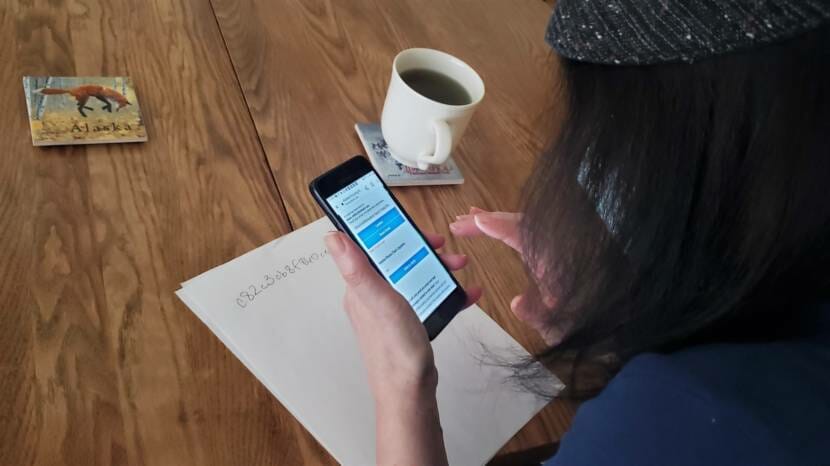
Relief programs are starting to pop up funded by the bill Congress passed at the end of the year, which included at least $200 million for rent relief for Alaskans.
It’s specifically for lower-income households financially impacted by COVID-19. The bucket of federal cash is so big, state housing officials think there’s enough to pay rent for everyone eligible — for a year.
Alexis Ross Miller has been unemployed throughout the pandemic.
“I’m waiting with bated breath and fingers crossed for the third stimulus check of hopefully, $1,400,” Miller said. “And Biden was talking about raising the pandemic unemployment, or just in general … You know, it all helps.”
She’s been getting by mostly on unemployment assistance. But she’s behind on her rent for a two-bedroom condo in Juneau.
Monday, she learned about a new rental assistance program that could wipe out her back rent and help her for months going forward.
“I think this is the miracle I have been praying for,” she said.
This relief program is a big deal for Miller and thousands of other Alaskans.
“It really is, because when we were administering our CARES Act program last year, we were able to provide two months of assistance to people who had lost their jobs as a result of the pandemic,” said Bryan Butcher, executive director of the Alaska Housing Finance Corp.
The state-owned entity is going to help put out 20 times more money for rent relief now than it got for housing grants in Congress’s original pandemic relief bill.
“And what we really saw was that many people had needs far beyond a couple of months — six months, eight months, you know, they’d lost their job in March and hadn’t been able to get the job back,” Butcher said.
He said this program will help the overall economy recover, too, once the pandemic is behind us.
“Instead of having this huge burden with many many months of rent out, that they have to be dealing with,” Butcher said.
The details of the rent relief program are still being worked out, but the broad strokes are clear.
Renters can get up to 15 months of assistance with their housing and utility bills. It’s good for back rent and overdue utility bills since March, and going forward.
There’s an income cutoff that varies depending on where you live. It’s 80% of area median income, as determined by federal rules. To be eligible in Anchorage for example, a household, regardless of how many people are in it, cannot earn more than $77,840 a year.
And applicants must be able to show they were financially impacted by COVID-19.
The application period will open at 8 a.m. Feb. 16 and close March 5. An eligibility checker and pre-registration form are live now at AlaskaHousingRelief.org.
There’s even more money for similar rent relief programs on its way to tribes and tribally designated housing entities. The ones in Alaska are collectively eligible for up to $115 million.
Colleen Dushkin is the executive director of the Association of Alaska Housing Authorities, which works with the regional housing authorities that serve Alaska tribes. For the renting public, she said it shouldn’t matter much which pot of money their relief ultimately comes from.
“Whatever happens, everybody’s gonna be served,” Dushkin said. “And the pots of money is figured out in the back end. The public needs to know that if you need help, you can get help.”
She said the timeline for tribal entities standing up their rental relief programs with this money will vary. Some may end up opting to work with Butcher’s organization, AHFC.
Down the road, both Butcher and Dushkin said they’re looking to Congress and the new Biden administration for housing relief to help a broader swath of Alaskans, including homeowners.
Correction: An earlier version of this story overstated the income cutoff for eligibility in Anchorage. It’s $77,840 a year, not $95,800.
